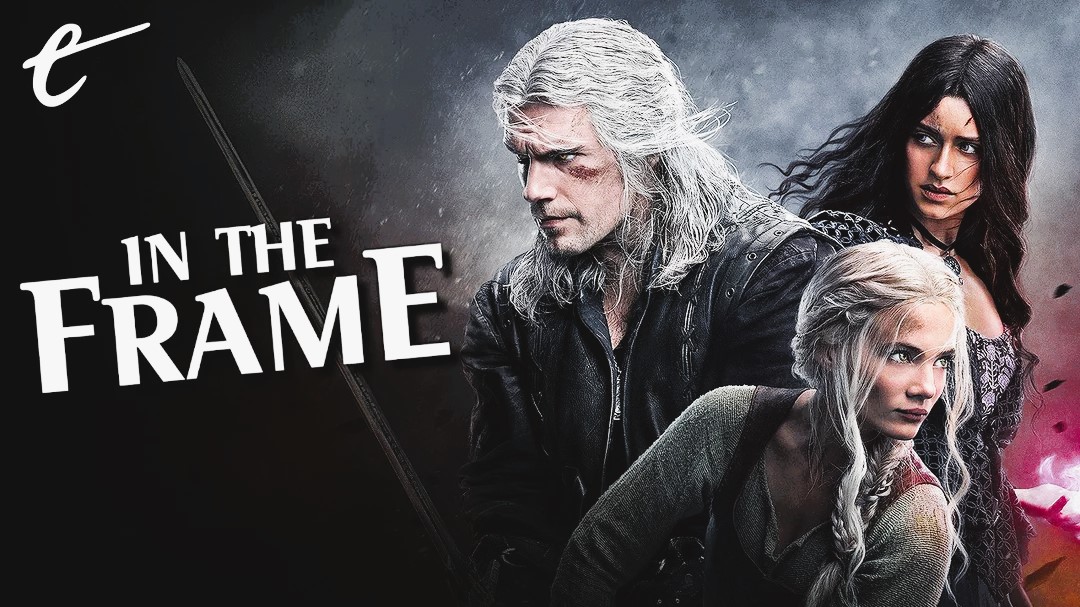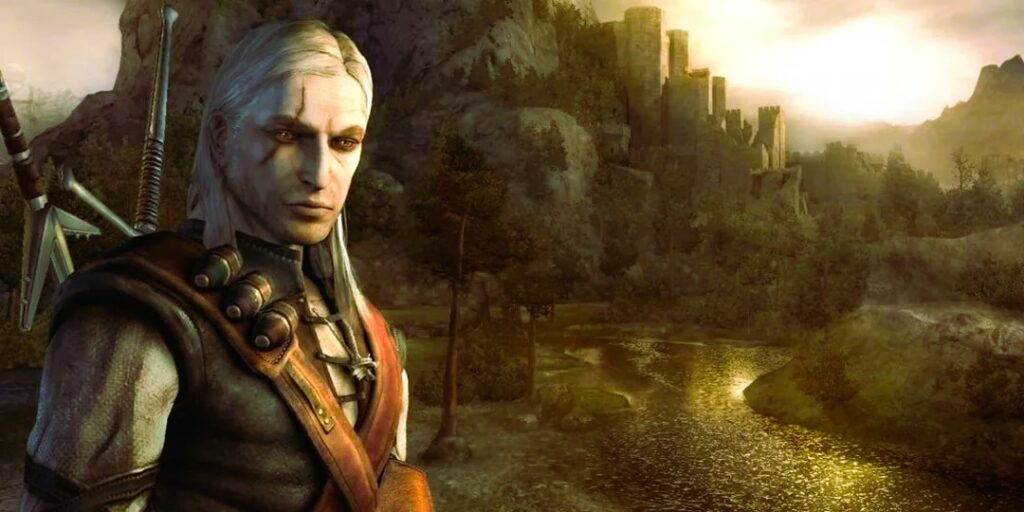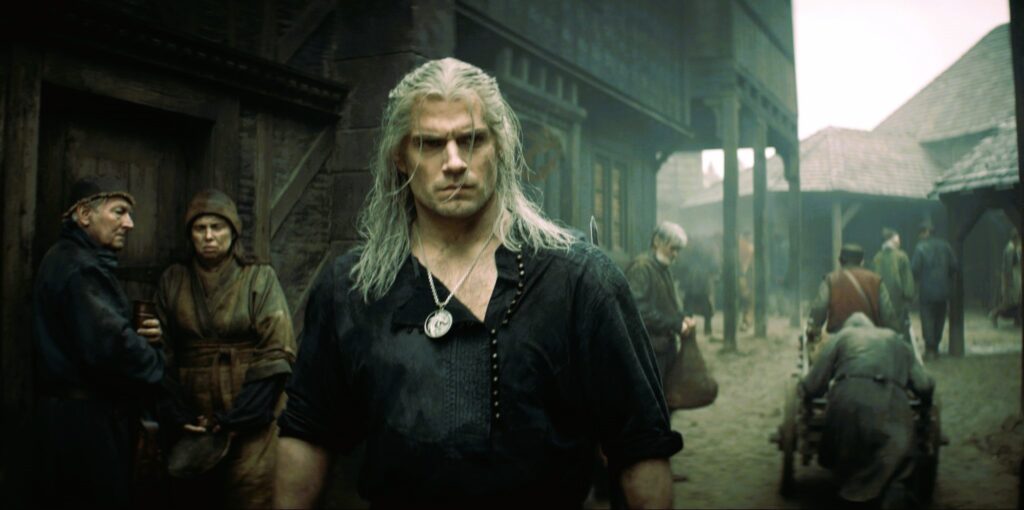
The Witcher Series: Exploring Its Influence on Modern Gaming
Few franchises have made as significant an impact on modern gaming as The Witcher series. Developed by CD Projekt Red and based on the novels by Polish author Andrzej Sapkowski, the series redefined storytelling, world-building, and character development in video games. Its influence stretches far beyond its genre, setting new benchmarks for immersive gameplay and narrative depth.
The Origins: Sapkowski’s Literary Masterpiece
The Witcher saga began as a series of short stories by Andrzej Sapkowski in the late 1980s. Featuring Geralt of Rivia, a morally ambiguous monster hunter, the books delve into themes of destiny, prejudice, and human nature, wrapped in a dark, medieval fantasy world.
While the books were a success in Eastern Europe, it wasn’t until CD Projekt Red adapted them into video games that The Witcher became a global phenomenon.
The Birth of a Gaming Legend: The Witcher (2007)

The first game in the series, The Witcher (2007), introduced players to Geralt of Rivia. It offered a deep, choice-driven narrative where decisions had long-term consequences. The game’s dark tone and morally complex world set it apart from other RPGs of its time.
Key innovations in the first game:
- Narrative Choices: The choices players made were rarely black-and-white, reflecting the shades of morality in Sapkowski’s books.
- Alchemy System: Players could brew potions and craft bombs, emphasizing preparation and strategy.
Although the game had technical limitations, it laid the foundation for what would become one of the greatest franchises in gaming history.
Refinement and Expansion: The Witcher 2: Assassins of Kings (2011)
The sequel, The Witcher 2: Assassins of Kings, elevated the series with improved graphics, streamlined mechanics, and even more intricate storytelling. The game introduced branching paths that significantly altered the narrative based on player decisions. Read about the best fantasy role-playing games based on epic novels in our article.
Notable features of The Witcher 2:
- Enhanced Graphics: Leveraging the REDengine, the game boasted stunning visuals that rivaled the best in the industry.
- Political Intrigue: The game’s plot expanded beyond monster hunting to include geopolitical conflicts and royal conspiracies.
These advancements made The Witcher 2 a critical and commercial success, solidifying CD Projekt Red as a major player in the gaming world.
For more details about The Witcher 2, visit IGN.
A Cultural Phenomenon: The Witcher 3: Wild Hunt (2015)
The Witcher 3: Wild Hunt is widely regarded as one of the greatest video games ever made. Its open world, rich storytelling, and memorable characters captivated millions of players worldwide. The game won numerous Game of the Year awards and has become a benchmark for RPGs.
Why The Witcher 3 Stands Out:
- Open World Exploration: Players could roam the vast regions of Velen, Novigrad, and Skellige, each brimming with unique quests and lore.
- Meaningful Side Quests: Unlike other games, side quests in The Witcher 3 were deeply intertwined with the main story, often featuring complex characters and moral dilemmas.
- Gwent: A card game within the game became so popular that it spawned its own standalone title.
The game’s influence can be seen in titles like Horizon Zero Dawn, Red Dead Redemption 2, and even Elden Ring, all of which adopted elements of its open-world design and narrative integration.
The Netflix Effect

The release of The Witcher Netflix series in 2019 further propelled the franchise into mainstream consciousness. Starring Henry Cavill as Geralt, the show introduced millions to Sapkowski’s world, leading to a resurgence in sales of both the books and the games.
The show also demonstrated the potential for transmedia storytelling, bridging literature, gaming, and television in a way few franchises have achieved.
Impact on Modern Gaming
1. Redefining Storytelling in RPGs
The Witcher series showed that games could tell complex, emotionally resonant stories without compromising gameplay. Its success encouraged developers to invest more in narrative depth, leading to games like Cyberpunk 2077 (also by CD Projekt Red) and The Last of Us.
2. The Rise of Immersive Open Worlds
The open-world design of The Witcher 3 set new standards for the genre. Games like Assassin’s Creed: Origins and Ghost of Tsushima drew inspiration from its dynamic quests and seamless world-building.
3. Player Agency and Morality
Few games before The Witcher series offered players such nuanced moral dilemmas. This emphasis on choice and consequence has influenced numerous titles, including Mass Effect and Dragon Age.
4. Representation of Slavic Folklore
The series popularized elements of Slavic mythology, introducing global audiences to creatures like strigas and leshens. This cultural representation has inspired other games to explore regional folklore.
The Future of The Witcher Franchise
With the announcement of a new Witcher saga in development by CD Projekt Red, fans are eager to see how the franchise evolves. Expectations are high for advancements in storytelling, gameplay, and world-building.
The Witcher series is a testament to the power of great storytelling, both in literature and gaming. By combining Sapkowski’s rich world with CD Projekt Red’s technical prowess, it has left an indelible mark on the gaming industry. Its influence continues to shape modern RPGs, ensuring that Geralt of Rivia’s legacy will endure for years to come.
Whether you’re a fan of the books, the games, or both, there’s no denying the cultural impact of The Witcher. As gaming evolves, its lessons in narrative depth, player agency, and immersive design will remain invaluable.

